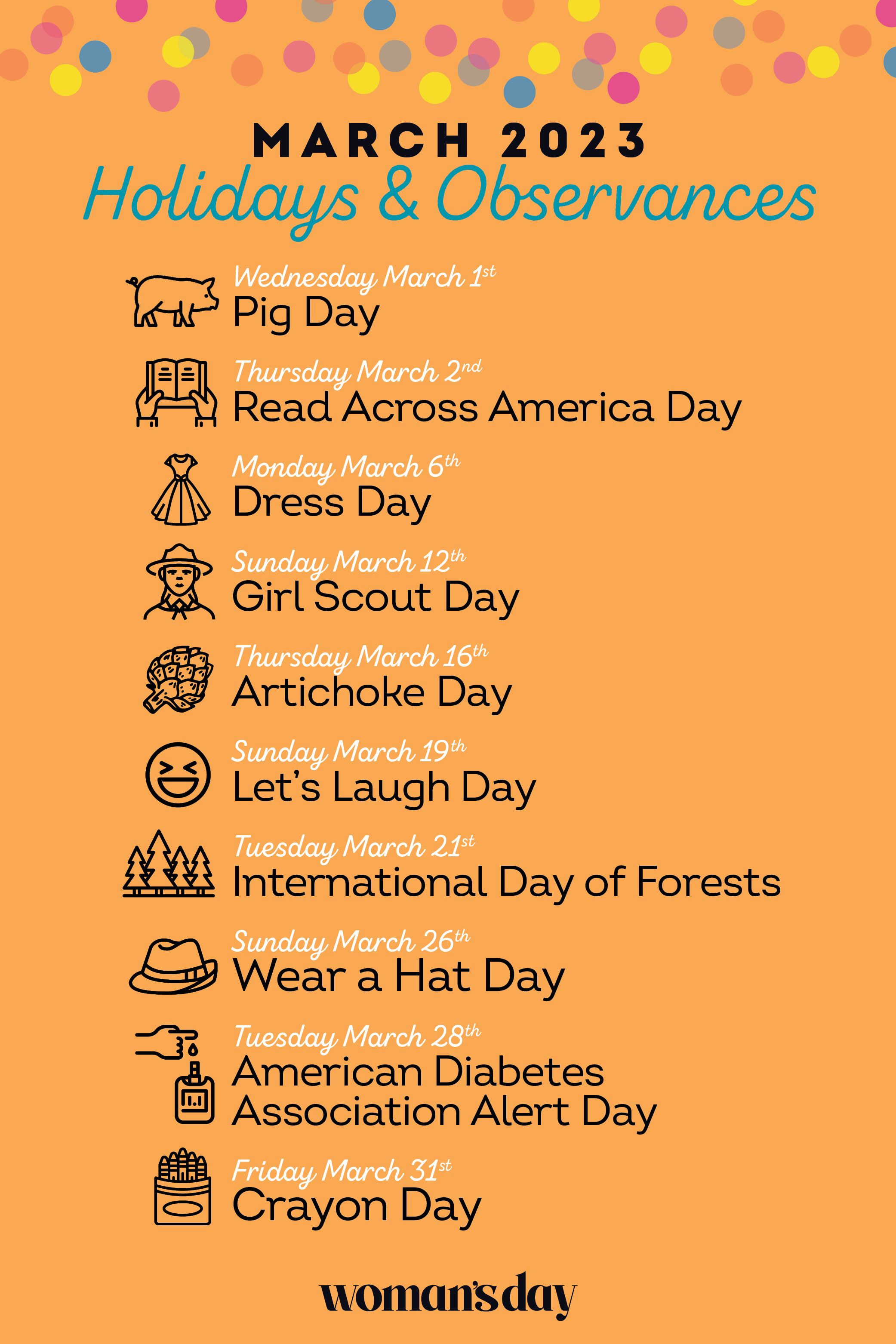Local Time in Darwin Australia: What You Need to Know
Understanding local time in Darwin, Australia, is essential for both residents and travelers alike. As a vibrant city with a unique blend of cultures and histories, Darwin operates on its own timetable that is influenced by geographical location and daylight saving considerations. This article aims to explore various aspects of local time in Darwin, providing valuable insights for those looking to navigate the clock in this northern city.
Darwin operates on a distinct timezone known as Australian Central Standard Time (ACST), which is UTC +9:30. However, it’s crucial to note that unlike many Australian cities, Darwin does not observe Daylight Saving Time (DST). This means that the time remains consistent throughout the year, providing a reliable rhythm for daily activities.
For those accustomed to the fluctuating clocks of other regions, understanding this consistency is vital. The absence of DST means that the locals enjoy uninterrupted evenings and mornings without the shifts that coincide with seasonal changes. This provides an intriguing stability for both work and leisure activities.
Moreover, Darwin’s geographical position in the tropics leads to a more uniform distribution of daylight throughout the year. Unlike southern Australian cities, where the days can vary significantly in length, the hours of sunlight in Darwin do not change drastically. This consistent day length allows residents to plan outdoor activities without the anxiety of dwindling daylight during certain months.
Sunrise and sunset times in Darwin are relatively stable, with sunrise generally occurring around 6:00 AM and sunset around 6:45 PM. This predictability is particularly advantageous for agricultural practices and tourism, as it allows for efficient scheduling in both sectors. Additionally, the long daylight hours foster a spirit of camaraderie and outdoor living, enhancing community interactions.
Adjusting to Darwin’s local time can pose challenges for visitors, especially for travelers coming from different timezones. Jet lag can be one of the hurdles faced when international flights land in this remote Australian outpost. One effective strategy to mitigate the effects of time change is to align travel preferences with local time upon arrival. This means adjusting sleeping and eating schedules to harmonize with Darwin’s clock as swiftly as possible. An increase in activity during daylight hours can also help with acclimatization.
Furthermore, it is imperative to remember that Darwin is in sync with other major cities in the Northern Territory; for instance, Alice Springs and Katherine share the same timezone. This cohesion within the territory facilitates smooth connections for those traveling both within and beyond the Northern Territory, minimizing potential confusion when booking flights and scheduling meetings.
Local time in Darwin is also a significant consideration in relation to events and festivals. Knowing the city’s time allows residents and visitors alike to participate in local events, markets, and attractions at the right moments. Major festivities, such as the Darwin Festival and various cultural celebrations, are organized with consideration of local time, aligning activities to maximize participation.
One must also consider the business aspects when it comes to local time in Darwin. For example, Shane’s Seafood and other businesses that cater to the tourism sector often synchronize their schedules according to peak hours of foot traffic, which influenced by local time. Understanding when to engage with these businesses can lead to a richer experience and allow for optimal enjoyment of local cuisines and craftsmanship.
In conclusion, local time in Darwin, Australia, presents a fascinating dimension to life in this tropical city. From its reliance on ACST without the disruptions of daylight saving time to predictable patterns of sunlight, Darwin operates on a rhythm uniquely its own. Being mindful of local time not only enhances personal experiences but also fosters a deeper appreciation of the vibrant community and culture present in this remarkable part of Australia. For travelers and locals alike, synchronization with Darwin’s local time is not just a matter of convenience, but an invitation to immerse in the lifestyle shaped by the sun and the clock.
You May Also Like
Best Fish to Catch in Australia: A Guide for Anglers
Australia boasts an extraordinary diversity of fish species, making it …
Emily Bay Norfolk Island: A Hidden Gem in the Pacific
Emily Bay, a picturesque enclave nestled on the sun-kissed shores of …
Holidays on August 23: Global Festivities & Observances
August 23 is a date that carries a bouquet of cultural significance …





